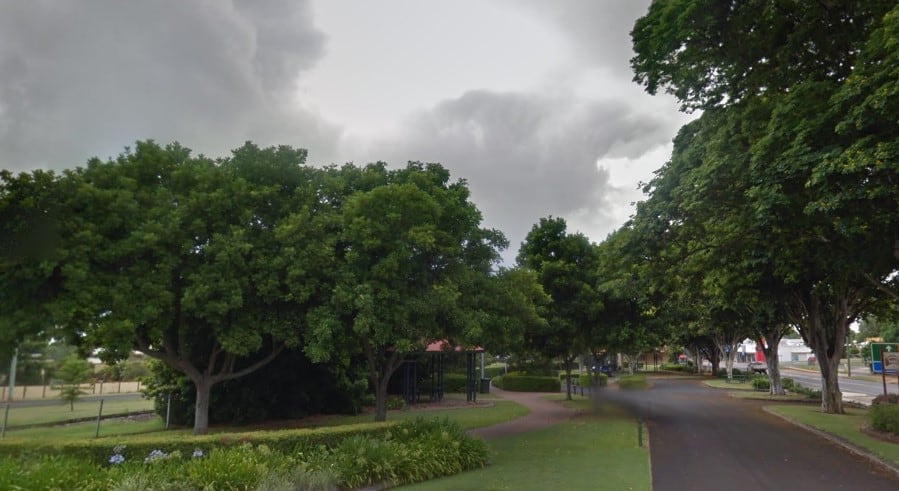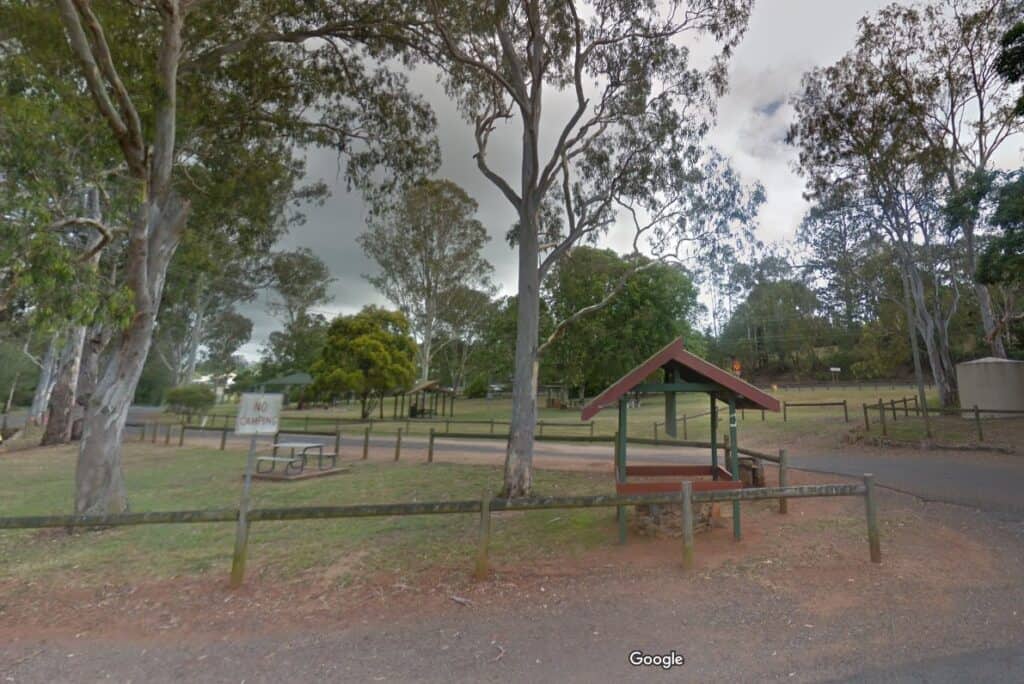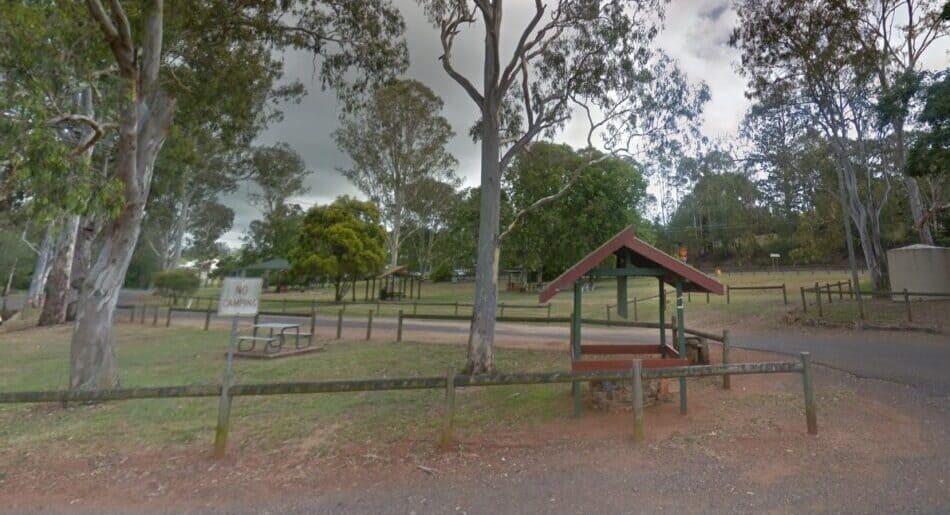As you explore Australia, you’re bound to encounter rest areas. Truck drivers often stop here for extended periods as they shake off the fatigue of driving across the country. They use them as spots to park their rigs and sleep in, and you may be wondering if you can do the same.
You can sleep in most rest areas in Australia, but setting up camp is prohibited. The government of Australia created rest areas for truck drivers to take breaks, and they have limits on how long you can spend there. Normally, you can stay the night, but you have to leave once your time is up.
Throughout the rest of this article, I’ll explore the finer details about rest areas and when it’s okay to use them.
The Length Of Stay In Rest Areas Is Restricted
Rest areas are a great option for those trying to travel Australia on a budget as it costs nothing to park in one. They’re especially popular with motorhome owners.
The problem is that you can only park in rest areas for a short amount of time. So, while they’re free, rest areas are not a long-term solution to your accommodation problems.
How long you’re allowed to stay depends on the rest area, but most permit parking for no more than 24 hours.
What Happens if You Stay Too Long at a Rest Area?
Those looking to take advantage of this free stopover may try to push the rules to the limit. Still, I suggest avoiding that as enforcement of local laws
If you stay for too long at a rest area, you may face fines. While rare, patrol cars occasionally monitor rest areas for anyone parking for too long and may enforce the rules.
Even if these fines are rare, it’s best to avoid the risk and not use rest areas as long-term accommodation options.

Different Types Of Rest Areas
The fines mentioned above depend mainly on what type of rest area you’re staying at, as not all rest areas are meant for general purposes.
Rest area grouping depends on the state, but for the most part, there are three types available. Keep your eye on the signage along the road as they’re usually clearly marked as follows.
Heavy Vehicle Rest Areas
Heavy vehicle rest areas are meant for large vehicles conducting business only. They are not designed for motorhomes, caravans, light cars or trucks.
If you stop in these areas, the local authorities may heavily fine you. In Queensland
These rest areas are considered break rooms for working truckers, so keeping them uncluttered is a high priority.
Combined Rest Areas
These are designed for both light vehicle motorists and heavy vehicles. You’re allowed to sleep in these rest areas as long as you’re within the posted limits.
Because combined rest areas cater to all types of motorists, they can be quite busy, so it’s best not to stay longer than necessary.
Motorist Rest Areas
These areas are meant for recreational motorists only thus they don’t have large parking available for larger commercial vehicles.
However, while eighteen-wheelers may not be able to park in motorist rest areas, you should be able to fit your caravan or motorhome.

Services Available At Rest Areas
Local governments spend a lot of time and money on rest areas to make them attractive stopping points for tired drivers. Many even include artwork
In addition to parking areas, some of the amenities available include:
- Picnic tables
- BBQs
- Water
- Toilets
- Garbage Bins
- Tourist Information
- Shelters
However, not all rest areas come fully equipped. In fact, it’s rare
Can You Camp At A Rest Area?
With all of the comforts available in rest areas, they would make the perfect place to pitch a tent. Unfortunately, that’s not allowed.
You can’t camp at rest areas in Australia, and if you’re caught, you could be subject to large fines. Rest areas are for motorists to take temporary breaks to recuperate before getting back on the road and aren’t meant for recreation.
With that said, you can do the next best thing and set it up in the back of your motorhome.
Rest Area Rules To Follow
One of the most important things to do when staying at a rest area is to make sure your vehicle is the right type. In other words, don’t park your car or motorhome in a heavy vehicle rest area.
And as these areas aren’t designed for camping, fires are also not permitted, although you can use BBQ areas for cooking hot food.
Another key thing to bear in mind is that rest areas are for people to get some quick rest. As such, it’s best to keep noise to a minimum in the evening and at night.
How Common Are Rest Areas?
Rest areas are very common and can be seen along the roads in strategic areas so drivers don’t have to go far to stop for a break. Every state has a map detailing where these rest areas are located, so you can plan your trip accordingly.
The state of Queensland

The Original Purpose of Rest Areas
Since Australia is a massive country and driving a crucial occupation, rest areas are an important part of the infrastructure.
Therefore, local governments decided
As a result, they created rest areas throughout the country. And while the main target of these rest areas is heavy vehicles, light motorists can also use a good number of them.
Final Thoughts
Rest areas are popular facilities with motorists crossing Australia. They’re free and convenient, often featuring many comforts, plus you can find them almost anywhere.
People all over the country enjoy stopping at rest areas. If you’re planning on using them, always ensure to use the right one and be a good neighbour. You might make a few friends along the way!
Resource Links To Products We Use And Recommend
More Pages On Camping
If you want to camp in Australia, note that camping trips can sometimes require a lot of travelling. The campsite you want to go to might be far away, or the hotel you want to stay in might be full....
Moreton Island is a dream destination for those who like rugged camping and off-roading vacations. The sand island is a great place to take your van and drive around using beach highways and inland...


